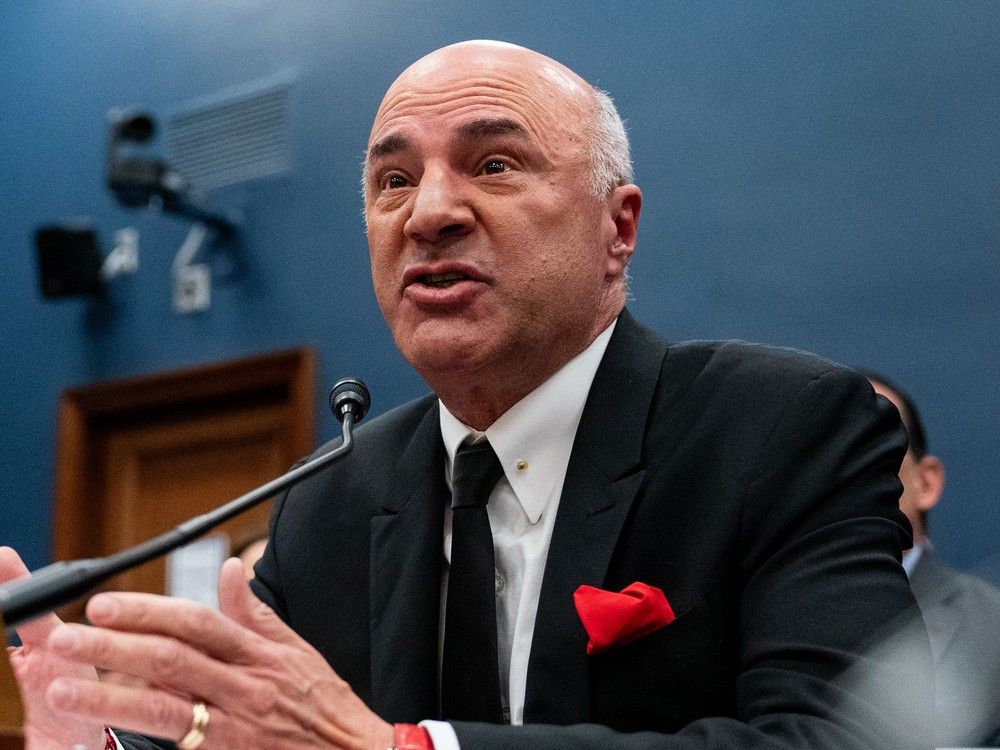

Kevin O'Leary, the renowned entrepreneur and venture capitalist, is spearheading an ambitious $70 billion AI data centre project in Alberta, named 'Wonder Valley.' This initiative aims to establish the largest data centre globally and is part of O'Leary's broader vision for a Canada-US economic union that he believes could transform Canada into a significant player in the AI landscape [e6961f10].
On January 14, 2025, O'Leary met with Alberta Premier Danielle Smith and President-Elect Donald Trump at Mar-a-Lago to discuss energy partnerships and tariffs. O'Leary claims that Trump envisions creating 'the most powerful economic union on Earth,' which he believes can enhance Canada's economic strength without compromising its sovereignty [4aac7e8d].
O'Leary has been vocal about his dissatisfaction with Prime Minister Justin Trudeau's leadership, suggesting that a shift towards Pierre Poilievre could better serve the country's economic interests. He emphasizes Alberta's low energy costs and educated workforce as critical factors for attracting foreign investment, particularly in the context of his data centre project [e6961f10].
Despite previous challenges due to U.S. energy regulations, O'Leary remains optimistic about negotiating an economic union with the U.S. if necessary. He argues that this integration could help Canada overcome its historical reliance on foreign innovation, often referred to as a 'branch plant' economy [4aac7e8d].
However, the potential for tariffs from Trump, who views Canada's trade surplus as unfair, raises questions about the implications of such an economic union. Microsoft has also announced plans to invest $40 billion in foreign data centers to support AI exports, highlighting the growing importance of AI in both personal and collective decision-making [4aac7e8d]. O'Leary's initiative is seen as a pivotal step towards revitalizing Canada's economy and positioning it as a leader in the AI sector, while also navigating the complexities of maintaining independence amidst increasing economic integration [4aac7e8d].